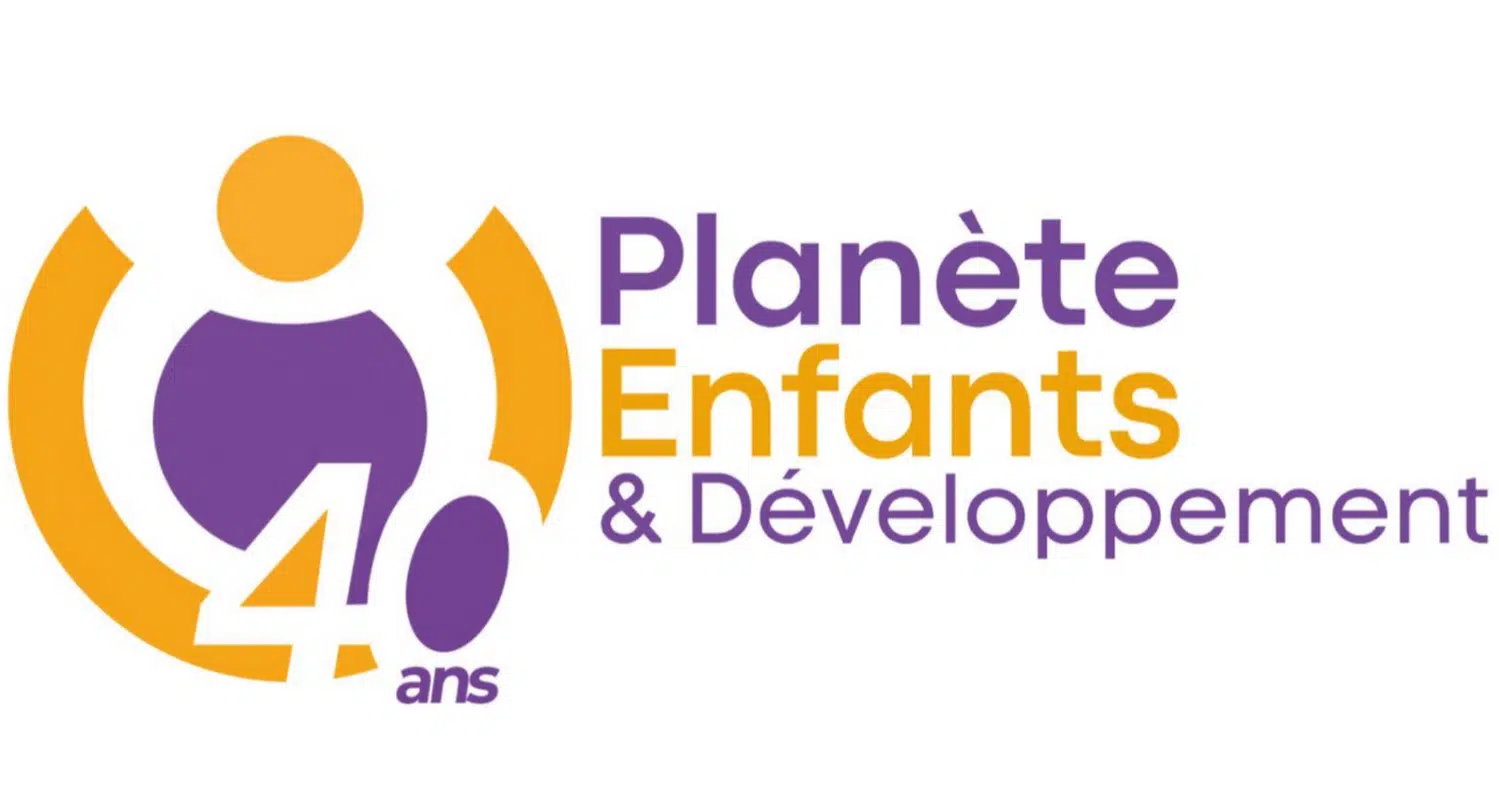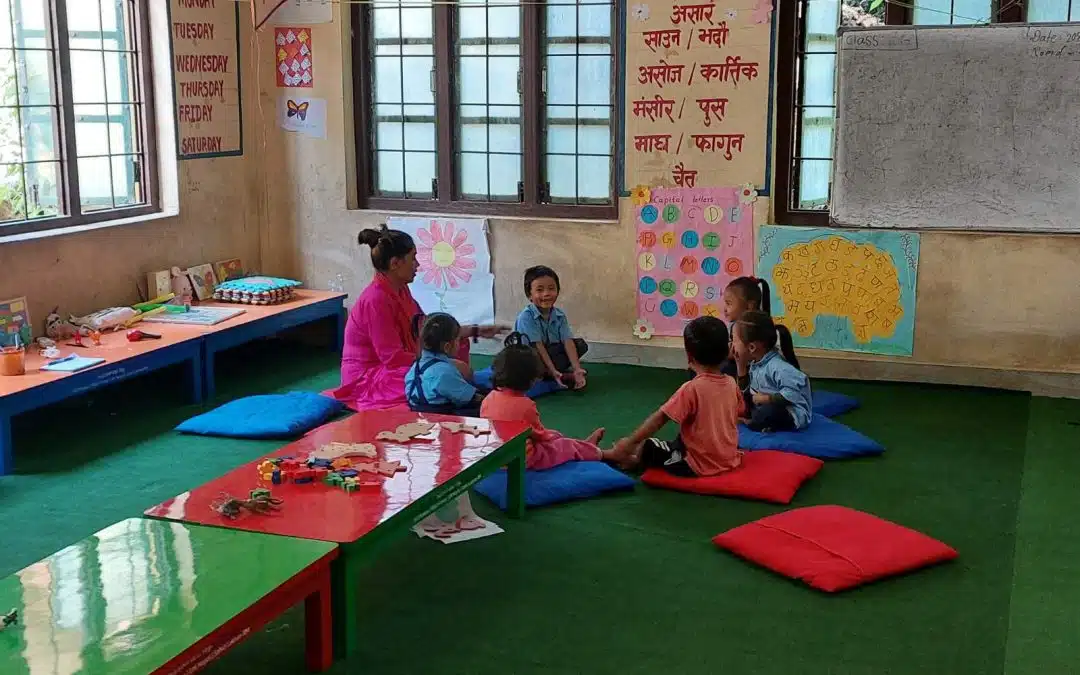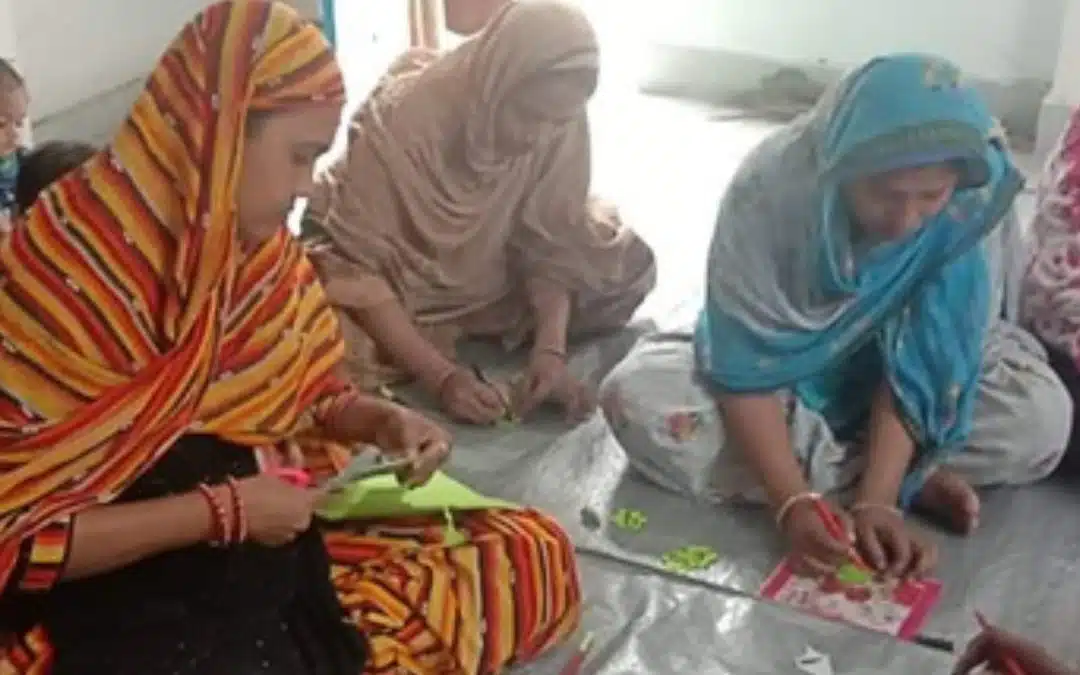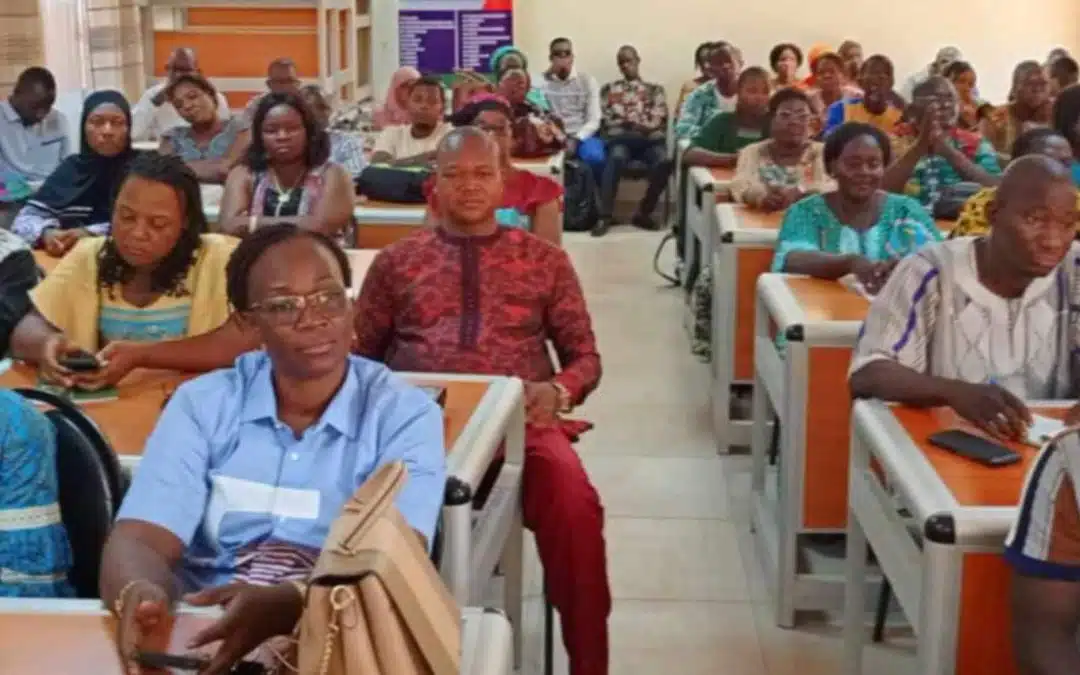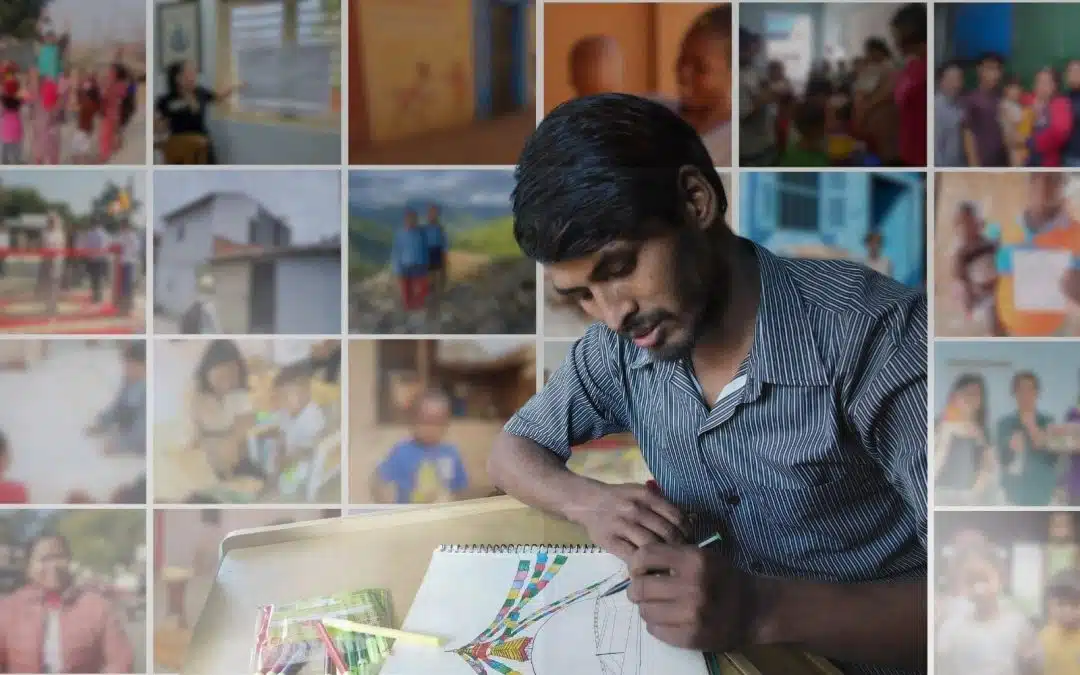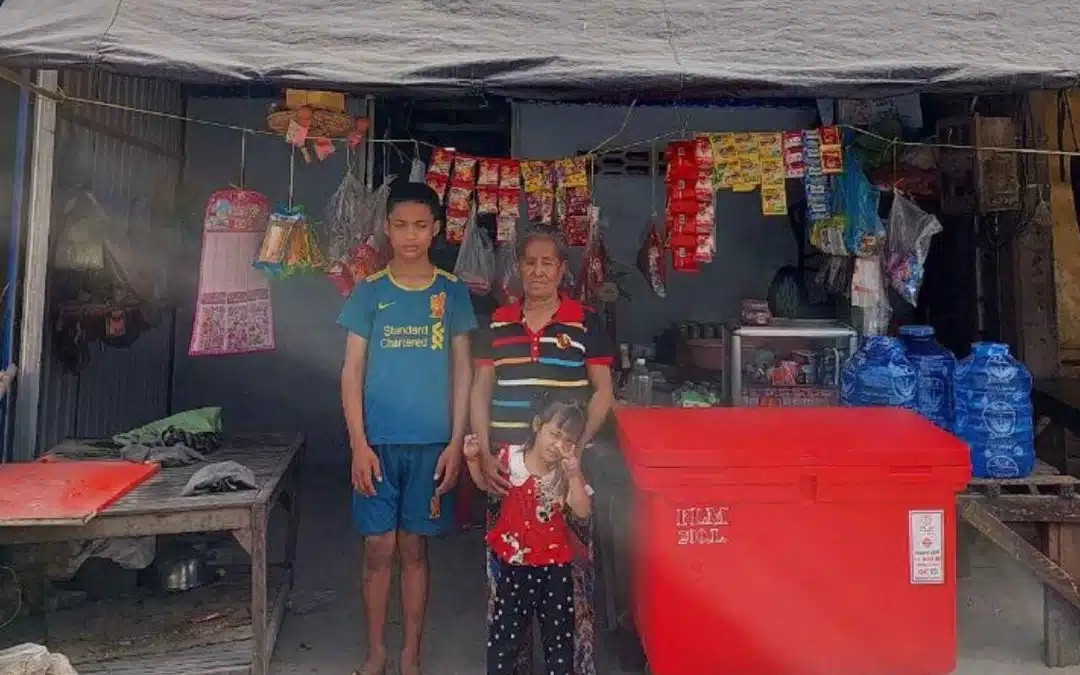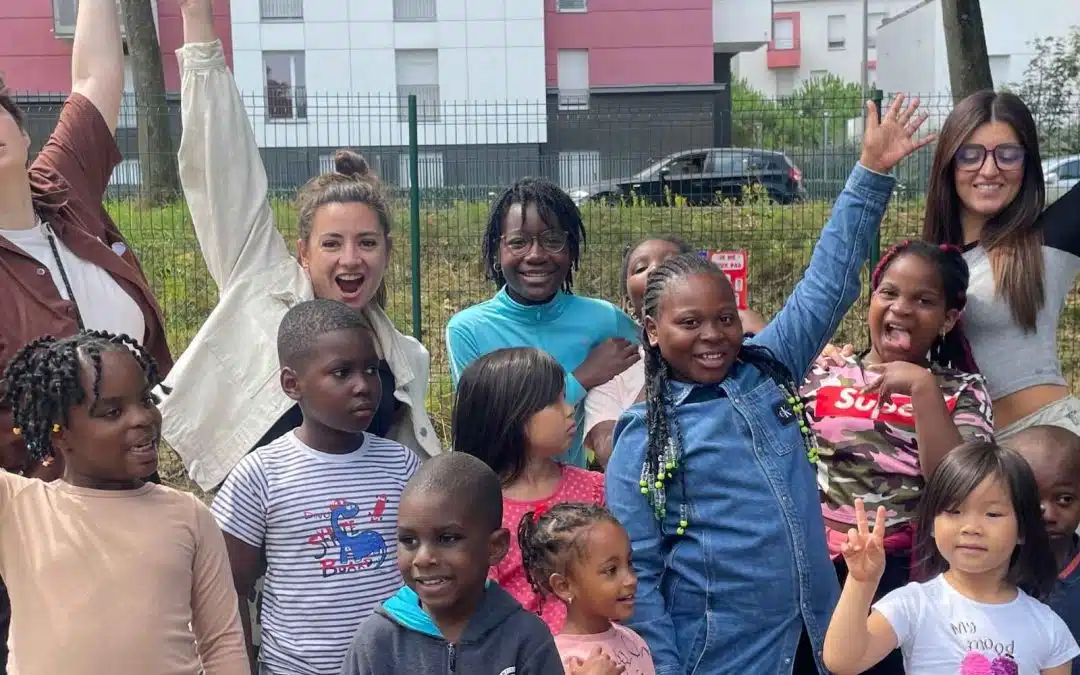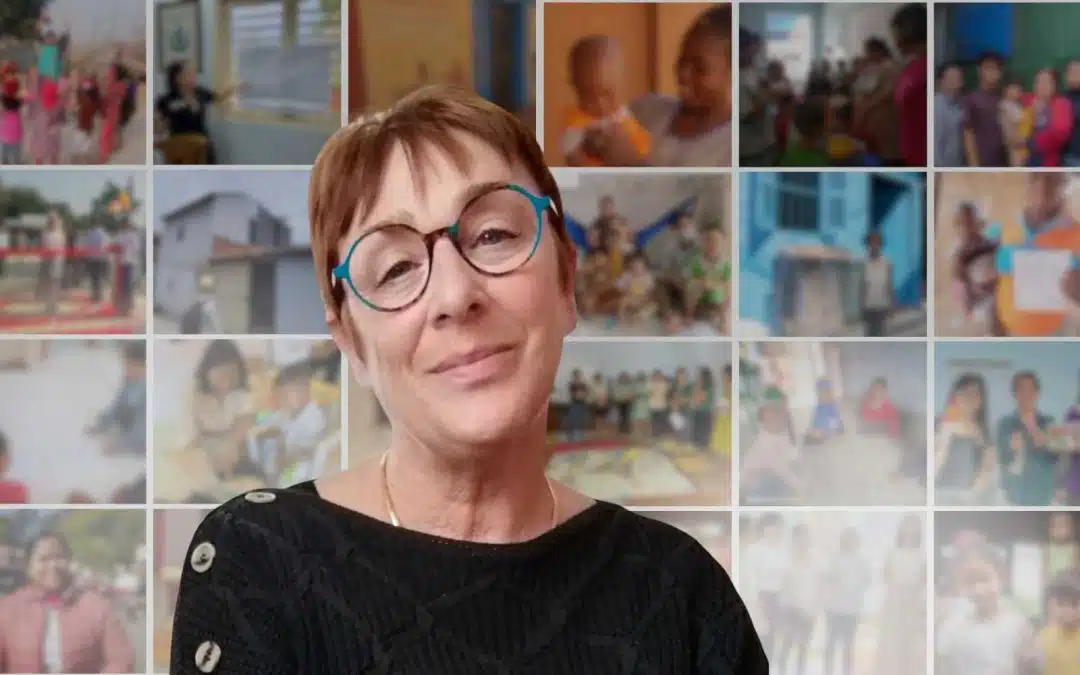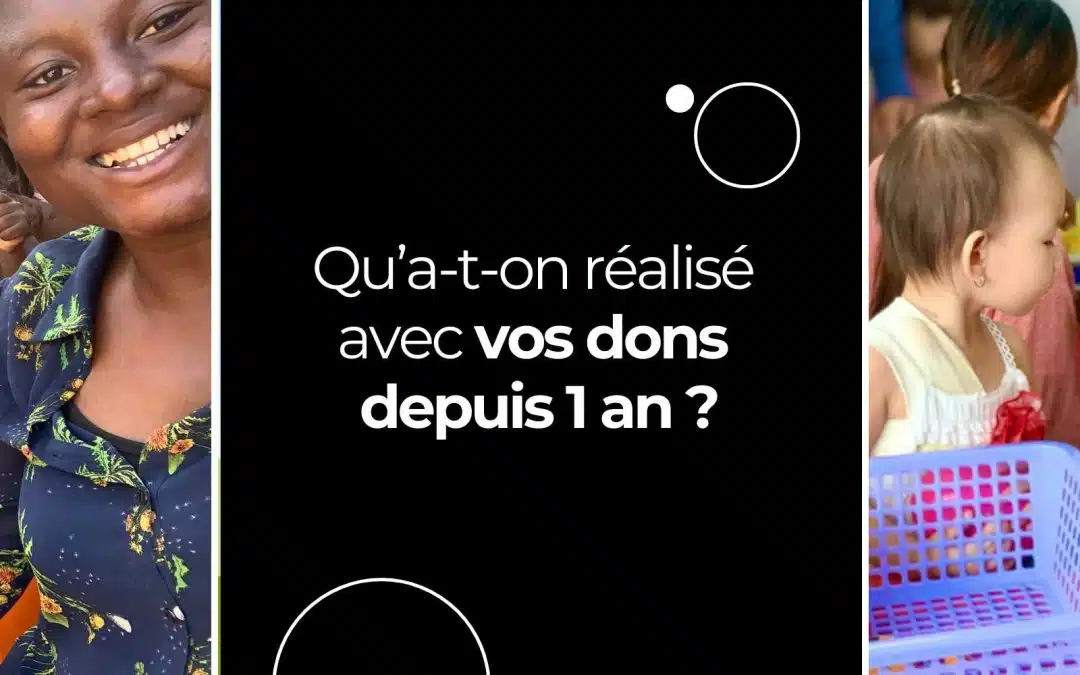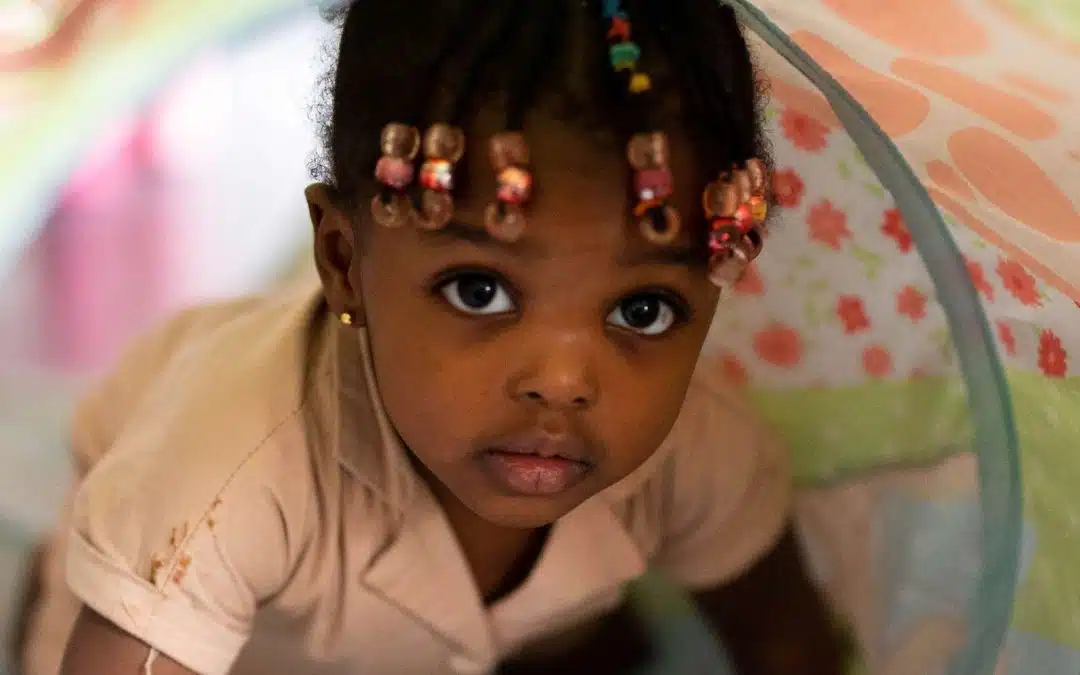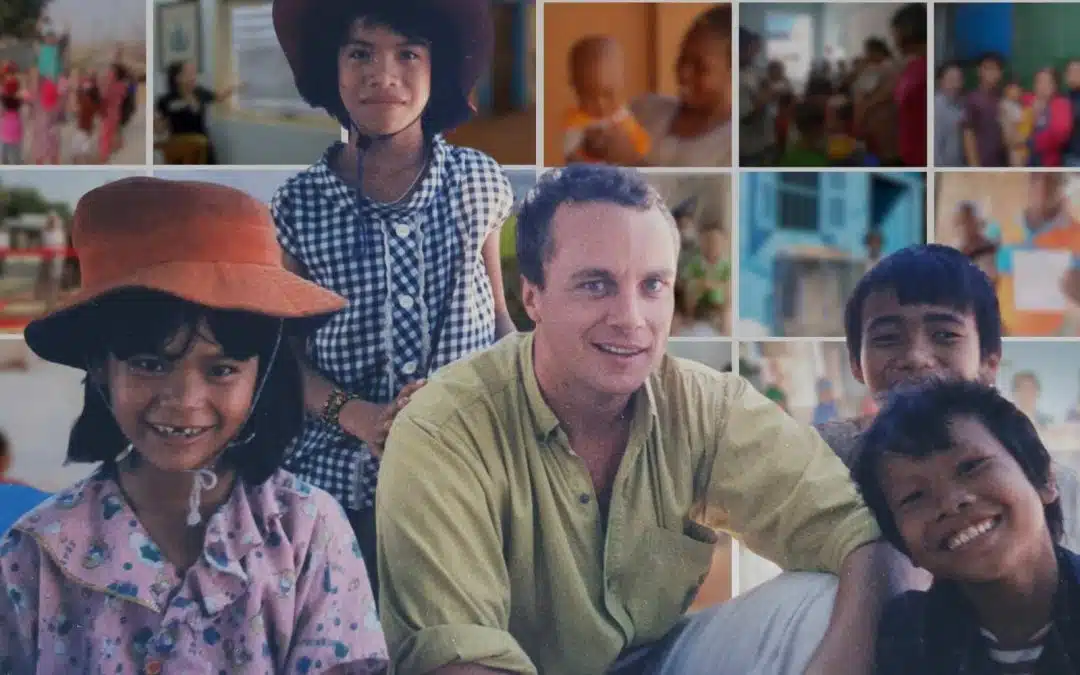The currentfamily accompaniment in Ouagadougou has a very positive impact on the daily lives of vulnerable families. But one issue worries us: the increase in the number of street children. We are looking for funds to launch a new family support project for these children and their families in 2018.
 What are we talking about?
What are we talking about?
In Burkina Faso, 42% of children are out of school and 10,000 of them are on the street during the day or have left their homes and are living outside. One of the causes of this situation is intrafamily violence. 86% of these children report fleeing family abuse.
Where?
In the precarious neighborhoods of Ouagadougou, where the State is absent, social services are difficult to access and child protection actors lack resources.
Why?
Living on the street means that a child is at risk of further abuse, including exploitation. The break with his family and community locks him into extreme poverty and loneliness. Once out of school, they have little chance of finding gainful employment and ever escaping poverty.
Our goal?
Prevent violence that leads to children dropping out of school and helping families to provide better living conditions for their children.
How do you do it?
Our project has two components:
- Accompany families with children living on the street or about to leave.
- Develop training courses on assistance to street children and the role of families for child protection workers.
The families will benefit from psychosocial support: follow-up at home by social workers, counseling at the social offices, collective activities to raise awareness and prevent violence.
We will help our new local partner, Keoogo (an association specialized in the protection of street children) to be trained in the methodology of family support.
We will work with training experts to develop modules dedicated to working with street children. They will be aimed at the staff of the National Institute for Social Work Training (INFTS), among others.
When?
This project is expected to begin in July 2018 and last for 3 years, the time to embed the knowledge and make the improvements sustainable.

